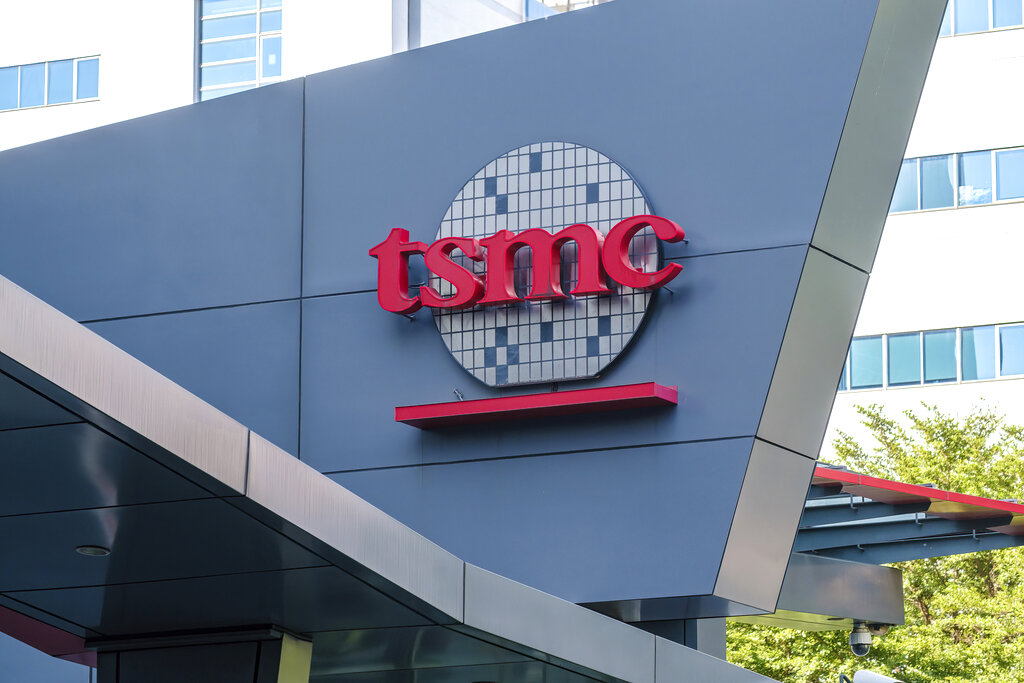
In a blow to China’s increasing influence in the semiconductor space, the U.S. government announced expanded restrictions on the country’s access to semiconductor technology. This will limit China’s ability to acquire or manufacture advanced computing chips and supercomputers.
The sweeping new U.S. rules, announced by the U.S. Department of Commerce on October 7, seek to restrict the export of certain types of chips used in artificial intelligence and supercomputing. They also want to tighten rules on the sale of semiconductor manufacturing equipment to any Chinese company.
These new rules are complementary to the potential Creating Helpful Incentives to Produce Semiconductors (CHIPS) and Science Act-related stipulations, which were signed into law in August this year. The CHIPS and Science Act aimed to catalyze investments in domestic semiconductor manufacturing capacity and bring the manufacturing process of critical technologies back to the U.S.
“The new rules appear broader than we would have imagined, as these cover direct and indirect exports, and can be interpreted to include lenses, lasers, and other peripheral components that have uses outside semiconductors,” says Phelix Lee, equity analyst at Morningstar.
“More importantly, it blocks U.S. people (and companies) from supporting development and production at China-based plants without a license, which we believe may lead to the revocation of electronic design automation software licenses, and new sites in China.”
TSMC plunged as much as 8% on the news as the market resumed trading after the Double-Ten holiday.
U.S. Rules Deal Another Blow to Already-Weak Sentiment
Over the short term, Lee expects uncertainty around foundry demand to increase. “China is the world’s second-largest cloud computing market, and local cloud service providers may struggle to secure chips for their expansion initiatives.”
This may also push Taiwan Semiconductor Manufacturing Co. (2330, TSM) to scrap or downsize the 16nm expansion in Nanjing in mainland China announced in mid-2021, Lee says. The update of his forecasts is pending the earnings announcement by chip companies later this month. For now, Morningstar analysts retain their fair value estimates.
Taiwan’s Semiconductor Companies (and Stocks) Are Suffering
This new shock has added to myriad headwinds that the semiconductor sector is facing. Year to date, Taiwan’s chip stocks have traded lower. The pandemic outperformers were battered by a host of risk factors, including intensifying geopolitical tensions following U.S. politician Nancy Pelosi’s visit to the island and fundamental shifts in the chip demand-supply dynamics.
“The new [regulatory] shock may further dampen sentiment in a sector that is already ravaged by weak consumer electronics demand,” Lee says.
In addition to trade barriers and geopolitical conflicts, the capital expenditure invested into new manufacturing plants might fuel an oversupply in the semiconductor supply as early as 2024. Foreign investors are also seen cashing out their Taiwan equity positions in times of market turbulence. This includes chip stocks, in which overseas investors own about 44% of outstanding shares in Taiwan-listed semiconductor names, according to data released by Taiwan’s Financial Supervisory Commission.
In terms of individual stocks, TSMC stands firmly as the leading player globally and is expected to be an outsize beneficiary in cloud services over the long term. Our analysts rate it with a five-star rating, attractively valued, and a wide economic moat.
However, Lee advises investors that its near-term share performance may be subdued, when compared with its smaller competitors, such as UMC and SMIC. This is because TSMC has a higher exposure to cutting-edge nodes that come under the regulated range.
Two Chinese Semiconductor Names Make the List
On the same day as the DOC announced the new rules, several mainland China companies like Naura Technology Group and Yangtze Memory Technologies were added to a DOC Unverified List, which means they will no longer be eligible to receive items subject to the corresponding export regulations.
Lee sees immaterial effects on Taiwan’s TSMC, SMIC, and UMC from the identification as these Taiwan names buy most equipment from non-Chinese suppliers like ASML Holding (ASML) from the Netherlands and Applied Materials (AMAT).
“This addition does not imply any wrongdoing by the firms in question. However, the sentiment was negative because there is a new mechanism that requires companies on the Unverified List to show, within two months, they have not supplied goods or services that have military applications in China.”
He adds that failure to do so will subject the companies to restrictions akin to restrictions on Huawei from the Entity List, meaning an inability to source from U.S. suppliers.








:quality(80)/cloudfront-us-east-1.images.arcpublishing.com/morningstar/VIRI5WCXLJBHBDMWTZCH3P7QKY.png)


.png)






.jpg)





